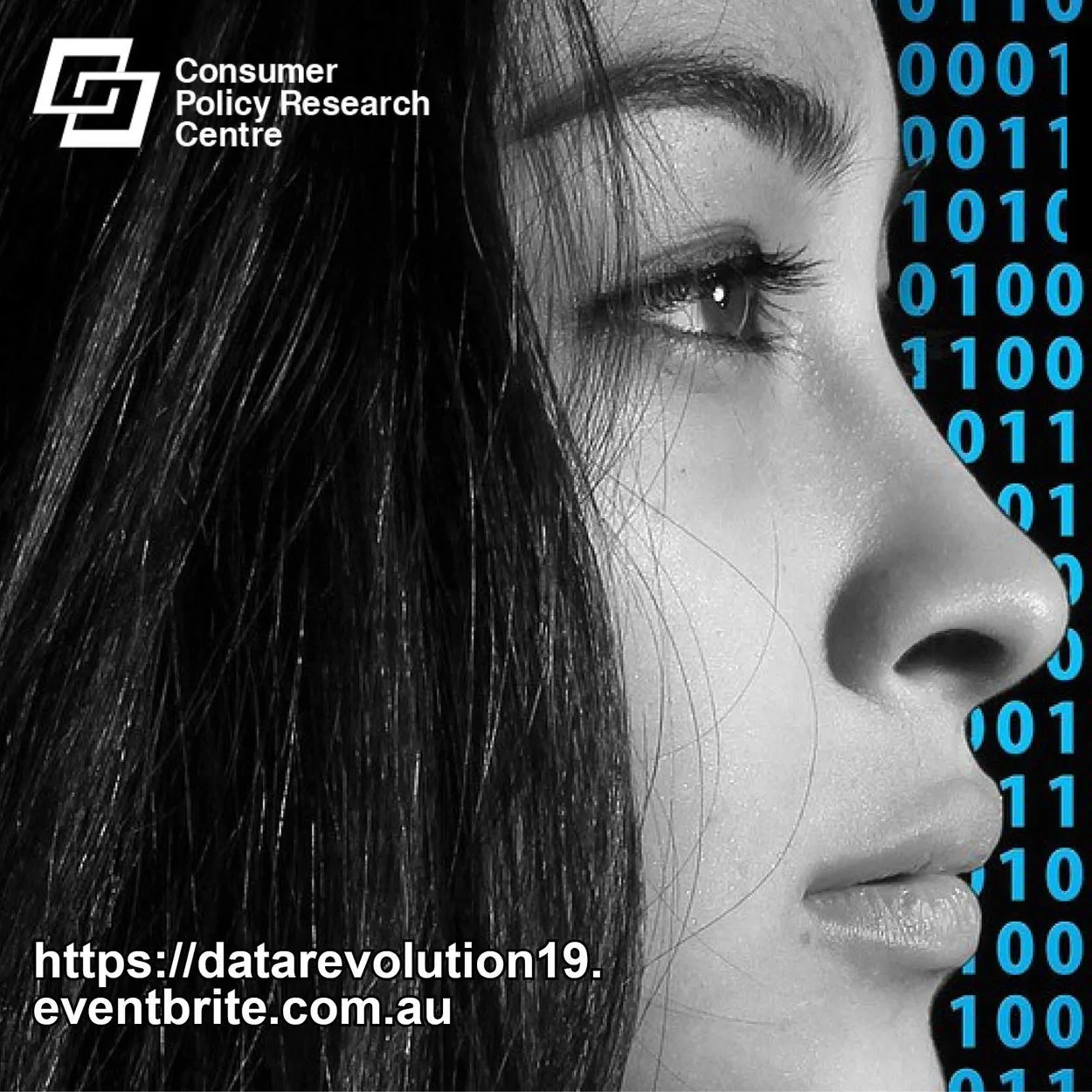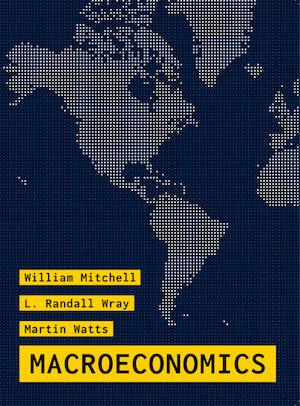What happens if we classify climate change as a threat, not an emergency? Liz Boulton from the ANU’s Fenner School of Environment and Society explains how military strategy can be combined with new ideas from philosophy to understand climate change as a ‘hyperthreat’ – and describes what that might mean for crafting effective policy solutions. This is the second in the Narration as Regulation series from ANU’s School of Regulation and Global Governance (Regnet)
Read MoreThis blog is the first in a series examining narration and renarration as regulation from the School of Regulation and Global Governance (Regnet) at ANU. Here, Miranda Forsyth and Philip Gibbs tell us what we can learn from attempts to curb sorcery accusation related violence in PNG.
Read MoreWhile there is growing consensus that domestic and family violence is an expression of power that utilises coercive control, Australia’s legal system is designed to respond to incidences of physical aggression. This approach means victims are often mis-identified as perpetrators, and tragically that legal action can sometimes not be taken until it is too late. In today’s analysis, Paul McGorrery (@PaulMcgorrery) of Deakin University (@DeakinLaw) shares a summary of his research, conducted with Marilyn McMahon, on the U.K. experience of criminalising coercive behaviour.
Read MoreData-fuelled technologies and industries will deliver significant economic growth over the coming decade. How can we ensure that the benefits of that growth are shared fairly? The Consumer Policy Research Centre, an independent, for purpose consumer research think tank, is hosting a conference in Melbourne in November to explore consumer welfare and innovation in the digital economy. CEO Lauren Solomon explains who will be there and why it's important to examine the intersection between data, privacy regulation, competition policy and consumer protection.
Read MoreIn this blog piece, Churchill Trust Fellow Katrina Marson outlines the evidence for a sex-positive approach to sex education in schools. She argues that setting the baseline expectation that sex is something everyone enjoys, will meet standard harm prevention requirements while also paving the way for healthier relationships and wellbeing.
Read MoreLabor has recently announced it is looking to Nordic countries for inspiration to overhaul Australia’s Paid Parental Leave scheme., which has been called out for being miserly compared to Australia’s OECD peers. Advocates say changes to the scheme could reduce the carer and housework gender gap, increase parent-infant bonding, reduce the gender pay and Superannuation gap, and improve overall health and wellbeing for families. In today’s analysis, Belinda Townsend (@BelTownsend) and Lyndall Strazdins, both of ANU and the NHMRC Centre for Research Excellence on Health Equity (@crehealthequity), provide some history and context for how the Paid Parental Leave Scheme came to be, outline some of its strengths and weaknesses, and provide guidance for how to improve it going forward.
Read MoreThe newly announced inquiry into Australia’s retirement income system comes 25 years after the introduction of compulsory superannuation. In today’s blog post Richard Holden, Professor of Economics at UNSW, discusses fundamental problems with the current system, and that what is needed in Australia is a retirement income revolution.
This post originally appeared in The Conversation under a Creative Commons licence. Read the original article.
Read MoreResponding to the need for innovation, governments have begun experimenting with ‘design thinking’ approaches to reframe policy issues and generate new policy solutions. But what is new about design thinking and how does it compares to rational approaches to policymaking? Maria Katsonis discusses below.
The article orginally appeared in The Mandarin
Read MoreAs part of her popular Green New Deal platform, the US member of Congress Alexandria Orcasio-Cortez has been utilising Modern Monetary Theory (MMT) to explain how governments can fund environmental policy reforms. But could MMT also be used by the social sector as a message frame to promote social policy reform? In today’s blog post Dr Andrew Joyce from the Centre for Social Impact and Celia Green from UNSW discuss the how the social sector could leverage insights from MMT to promote paradigm shifting social policy reforms.
Read MoreHomelessness for older women has risen by an astounding 30% in just 5 years. This is just the tip of the iceberg for older women’s increasing housing precariousness and poverty. In today’s analysis, Myfan Jordan (@Myfan_Jordan) of Per Capita (@PerCapita) shares findings from her recently-released research report, Mutual Appreciation: a social innovation thinkpiece. This is the third in a series exploring older women’s experiences of poverty to mark Anti-Poverty Week; research participant ‘Lorraine’ told her story earlier in the week, and we started out with an analysis of how older women are suffering on the Newstart Allowance.
Read MoreFor Anti-Poverty Week, we are focussing on older women’s disadvantage, accumulated across a lifetime. An earlier post explored how older women are now the largest demographic reliant on the Newstart Allowance, which is pushing many into crisis. In today’s post, “Lorraine”[1] generously shares her story, in her own words. Lorraine is 70 years old, currently living in private rental accommodation. She receives a full age pension and commonwealth rent assistance while also working part-time. Her story contains many of the barriers and bumps that all women face – relationship breakdown, single parenting, the need to reskill, relocation for jobs, being called upon to help with caring for ageing parents or grandbabies, and that ever-present sexually-transmitted debt. Lorraine was one of several peer researchers on Per Capita’s (@PerCapita) recent report on innovative solutions for housing precarity for older women. We are thankful to her for allowing us to share her story here.
Read MoreCongestion charging is a feature in many cities around the world, but Australia has been reluctant to introduce such a policy, instead focusing on developing infrastructure. However new analysis from the Grattan Institute suggests that a congestion charge would be a better and fairer way of tackling congestion than spending more on infrastructure. Marion Terril and James Ha from the Grattan Institute discuss the implications below.
This article originally appeared in The Conversation under a Creative Commons licence. Read the original article
Read MoreAustralia’s system of social welfare is based on mutual obligation. But what happens when those obligations become so onerous that people simply stop seeking to claim government benefits? Professor David C. Ribar from The University of Melbourne dicusses this issue for those on Newsart.
This post originally appeared in The Conversation
Read MoreFeaturing the topic “The use and abuse of evidence in social policy” the 2019 Power to Persuade symposium was held last Thursday. The symposium showcased a range of expert speakers and panellists from government, the community sector and the research community. Below Professor Paul Smyth, one of the symposium panellists and a Power to Persuade Social Policy Whisperer provides his insights into this years symposium.
Read MoreThe largest age demographic on the Newstart Allowance are people aged 55+. For Anti-Poverty Week, and as submissions to the Senate Inquiry into the adequacy of Newstart and related payments roll in, Policy Whisperer Susan Maury (@SusanMaury) and Sarah Squire (@SquireSarah), both of Good Shepherd Australia New Zealand (@GoodAdvocacy) unpack what this means for older women. Drawing on case studies and reflections from Good Shepherd’s financial counsellors, they outline key concerns and policy solutions to improve outcomes for women experiencing poverty later in life. This analysis draws from Good Shepherd’s submission to the Newstart Inquiry; you can access the submission here.
Read MoreToday, on International Day of the Girl Child, freelance writer Catherine Shepherd and Sarah Squire (@SquireSarah) of Good Shepherd Australia New Zealand (@GoodAdvocacy) examine the state of play for girls in Australia, drawing on research and parenting experiences. Reflecting on some key challenges for girls’ wellbeing, they outline policy levers and practical tips for raising ‘unscripted and unstoppable’ girls.
Read MoreThis repost from The Mandarin discusses the different ways that female comedians use humour to both define and provide solutions to social problems. This positions them as “policy entrepreneurs” in the policy and administration space.
Read MoreIn this BusinessThink re-post, Dr Ann Kayis-Kumar from the University of New South Wales Business School introduces us to the Nationwide Tax Clinic Program. These federally funded clinics are designed to meet the needs of Australia’s vulnerable taxpayers. Dr Kayis-Kumar explains why and how these clinics came about and concludes with the overarching purpose of the Tax Clinic program, to foster a more socially just tax system.
Read MoreDespite the government’s commitment to and investment in a Welfare to Work strategy to incentivise people into employment, many people are languishing on the extraordinarily low Newstart Allowance for long periods of time. What exactly is going wrong? In a submission to the Victorian Government’s Inquiry into sustainable employment for disadvantaged jobseekers, Sue Olney (@olney_sue) of the Public Service Research Group (@PSResearchG) at UNSW Canberra provides a brief but comprehensive outline of why current levers seem to be falling well short of government targets. You can read the full submission in its original format here.
Read MorePunitive policies presume there is nothing stopping people from changing their behaviour other than recalcitrance. Research indicates, however, that many people who are subject to compliance welfare have multiple and complex barriers to aligning with government-identified outcomes. Today’s analysis by Katherine Curchin (@KatieCurchin) from the Australian National University explains how the ParentsNext program aggravates trauma, causing more damage than good for women who are trying to rebuild their lives.
Read More




















